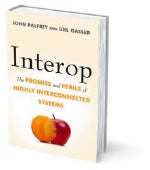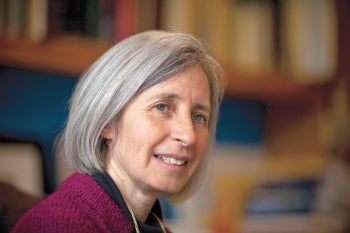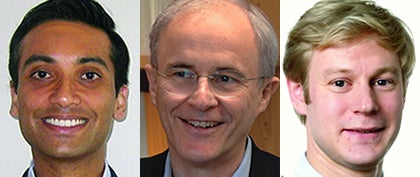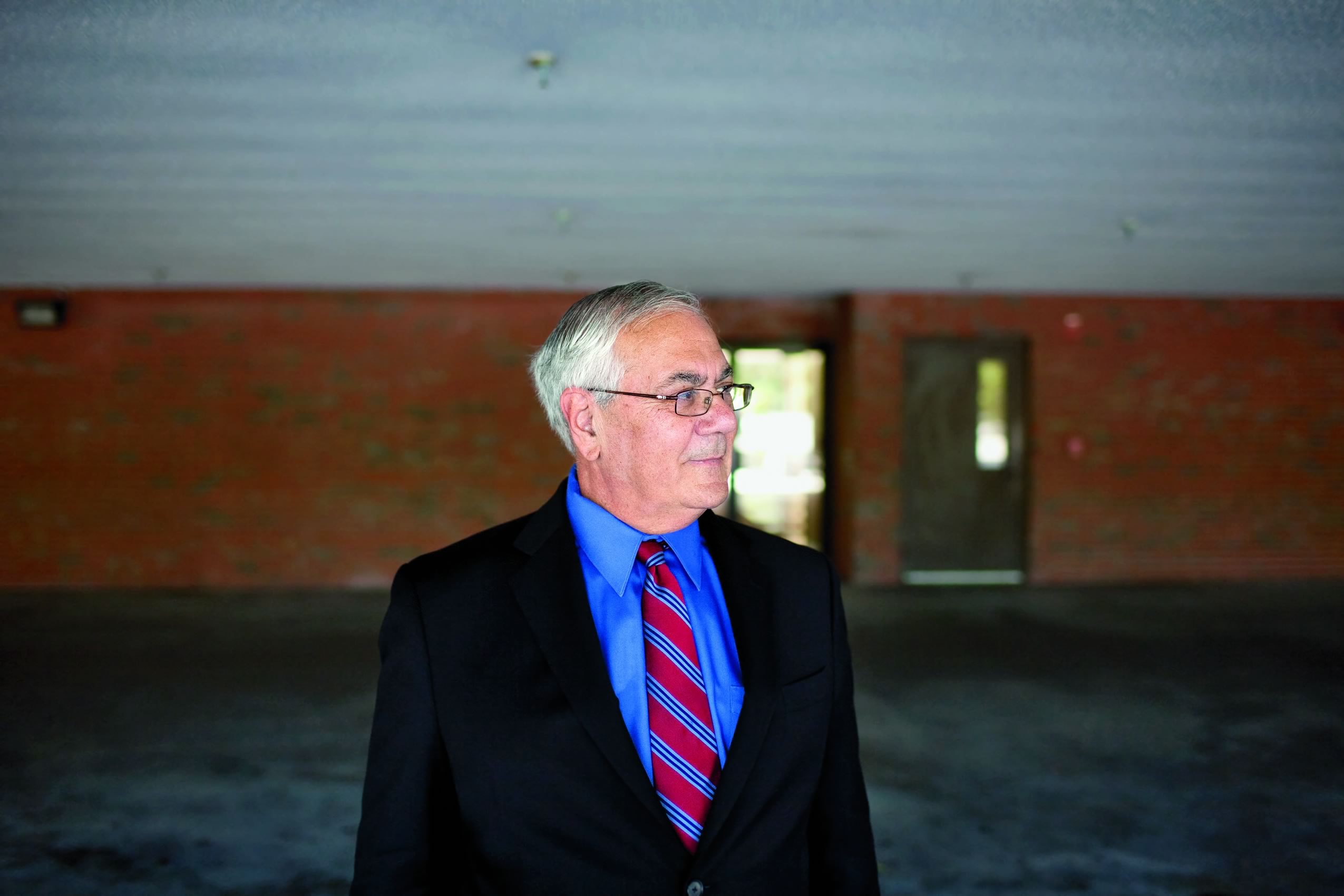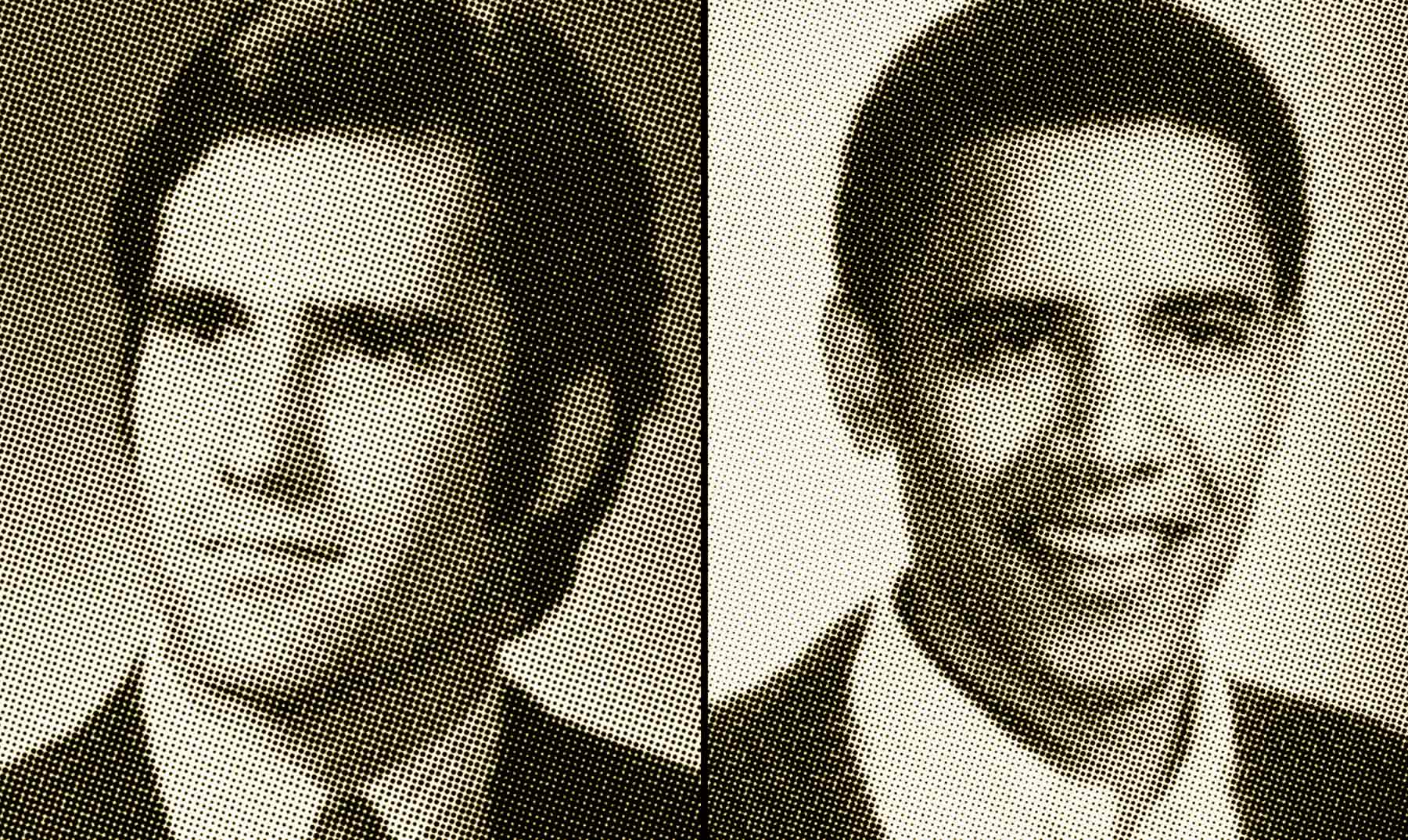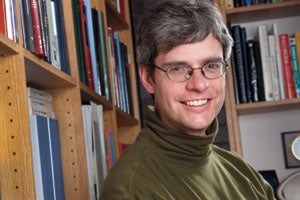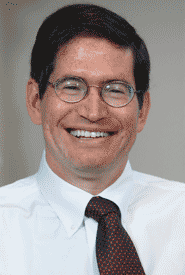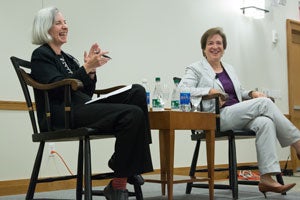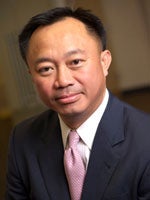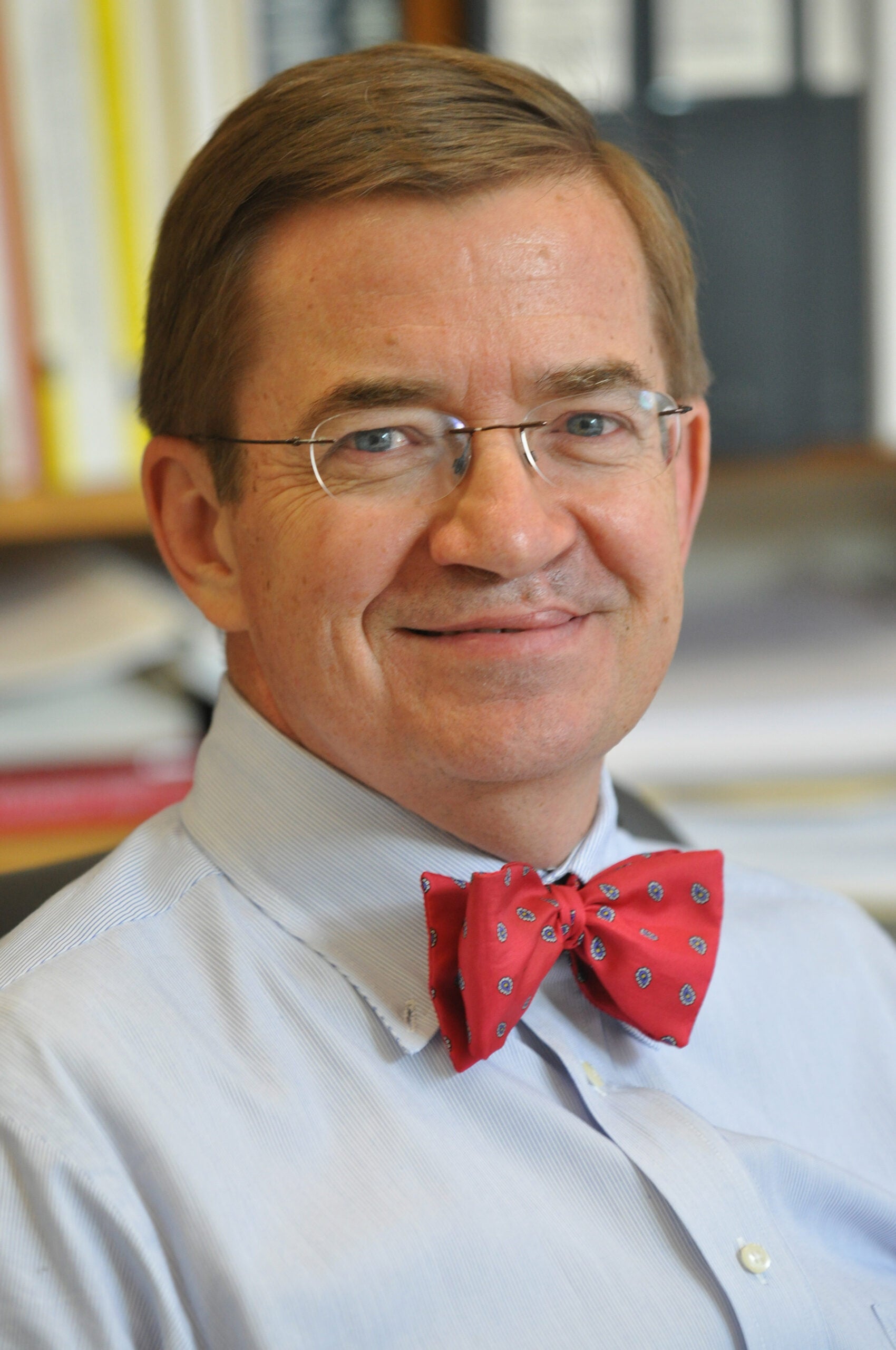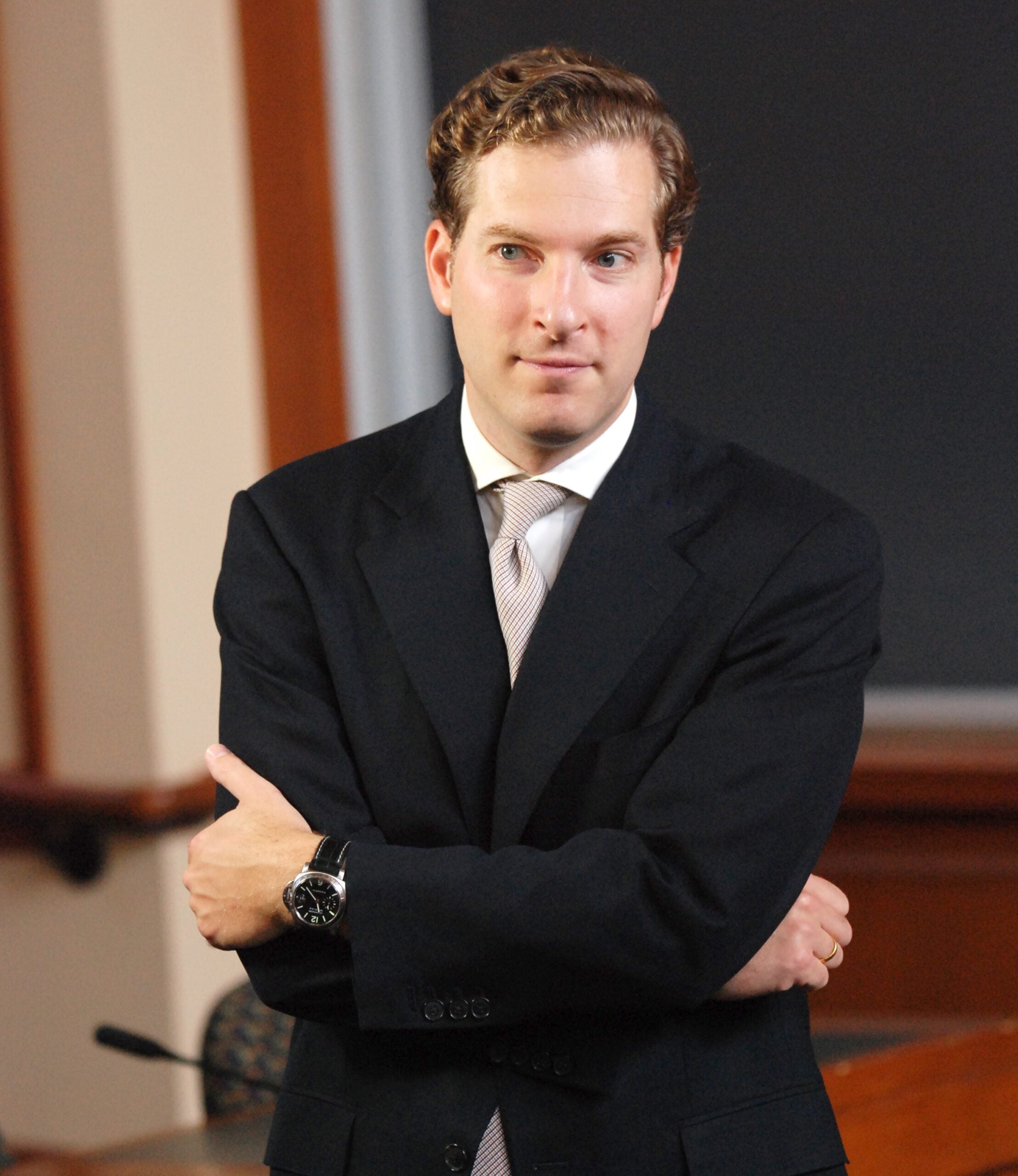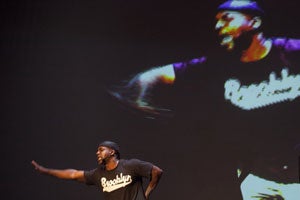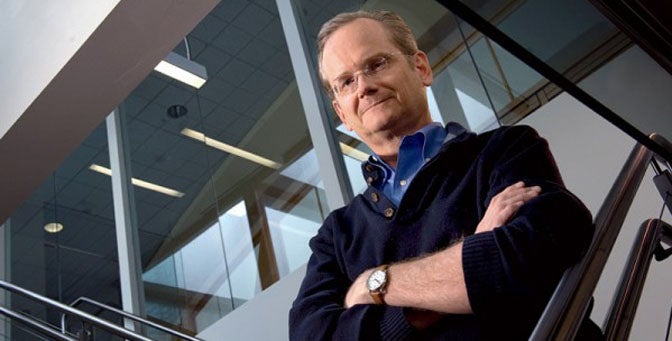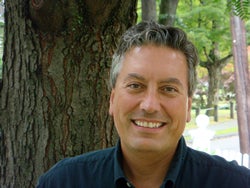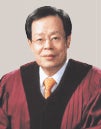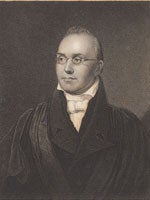Archive
Today Posts
-
A Theory of Connectivity
October 1, 2012
The highly connected nature of today’s world has all sorts of benefits—but all sorts of potential costs as well, from loss of control of private data to a world financial system so intertwined that when one part of it falls, it’s hard to keep other parts from toppling along with it. In “Interop: The Promise and Perils of Highly Interconnected Systems,” John Palfrey ’01 and Urs Gasser LL.M. ’03 draw on their work at the HLS Berkman Center for Internet & Society to start developing a “normative theory identifying what we want out of all this connectivity.”
-
Why Do Law School Graduates Become Leaders?
October 1, 2012
Why do many law school graduates become leaders? Individuals with legal training lead government, business, civic activities, and nonprofit organizations in the United States and around the world. Of course, leaders of law firms, law schools, and offices of government lawyers have legal training, but often so do leaders of companies, universities and countries. I think that a combination of self-selection, features of the law school experience, and particular elements of law itself contributes to the sizable presence across society of lawyers as leaders—and as effective ones, at that. Does this seem right to you? I offer these thoughts in hopes of prompting your suggestions.
-
Getting Oriented
October 1, 2012
A beautiful September day, and the latest crop of Harvard Law students begins to get the lay of the land. This year’s students include entrepreneurs,…
-
Research: International Security Interests
October 1, 2012
Like many HLS students, Arvin Abraham ’09 took a job as an associate at a law firm after graduating. Yet, he did not leave his law school academic pursuits behind him. Thanks to a collaboration with a former professor, Lynn LoPucki LL.M. ’70, and a colleague, Bernd Delahaye LL.M. ’11, he is seeing the topic of his 3L paper expanded into a lengthy law review article to be published this fall.
-
Exit Interview with Barney Frank
October 1, 2012
What he’ll miss most, what he’ll do next, and the song he can’t get out of his head
-
Most Likely to Succeed?
October 1, 2012
For the first time in the history of U.S. presidential elections, both candidates of the major parties are graduates of Harvard Law School. Alumni remember the two presidential candidates as students.
-
Faculty Viewpoints: A No Vote on ID Laws
October 1, 2012
Harvard Law School Professor D. James Greiner is co-author of a recent study on the experience of Boston voters in the election of 2008. As another election approaches, we ask Greiner a few questions about his study and the current efforts to pass tougher voter ID laws.
-
Klarman seeks to debunk myths on the Constitution’s founding
September 27, 2012
At a Sept. 19 event commemorating the signing of the U.S. Constitution, Harvard Law School Professor Michael Klarman, an expert on constitutional law and constitutional history, gave a lecture entitled "Why the Tea Party Has It Wrong: The Story of a Multifaceted Founding."
-
HLS competing in 2012 election races
September 27, 2012
As two Harvard Law School grads compete for the U.S. presidency, the list of HLS affiliates running in congressional races across the country includes 19 alumni and one HLS faculty member. In the U.S. House of Representatives, nine are incumbents and eight are challengers running for the first time.
-
Kagan offers a view of a Justice’s working life
September 26, 2012
On Sept. 5, U.S. Supreme Court Associate Justice Elena Kagan ’86 joined Harvard Law School Dean Martha Minow for a conversation on life as a Supreme Court Justice. The former and current deans spoke before an overflow audience in the Wasserstein Hall, Caspersen Student Center, Clinical Wing building.
-
Viet Dinh ’93 on government, academia and boutique law practice
September 26, 2012
Viet D. Dinh '93, founding partner of Bancroft and a professor of law at Georgetown University Law Center, spoke at Harvard Law School on Sept. 18 at an event sponsored by Harvard Law School's Program on the Legal Profession. Dinh, who served as U.S. Assistant Attorney General for Legal Policy from 2001 to 2003 and played a key role in developing legal policy initiatives to combat terrorism, focused his remarks on “Peripatetic Reflections: Government, Academia and Boutique Law Practice."
-
Shay testifies on Offshore Profit Shifting and the U.S. Tax Code (video)
September 19, 2012
On Sept. 20, Harvard Law School Professor Stephen Shay testified before the Homeland Security & Governmental Affairs Permanent Subcommittee on Investigations. The topic of the hearing was “Offshore Profit Shifting and the U.S. Tax Code."
-
Feldman in Bloomberg View: The view from Tunis—fire, tear gas and normalcy
September 17, 2012
"The view from Tunis: Fire, tear gas, and normalcy," a piece by Harvard Law School Professor Noah Feldman, appeared in Bloomberg View on Sept. 14. Feldman, who is the Bemis Professor of International Law at HLS, is a regular contributor to Bloomberg View and the author of many books, including “Scorpions: The Battles and Triumphs of FDR's Great Justices” (Twelve Books 2010), and “The Fall and Rise of the Islamic State” (Princeton University Press, 2008).
-
Bryonn Bain ’01 brings his dynamic style to new Harvard class
September 17, 2012
Undergraduates gathered at Farkas Hall last week to audition for a workshop that taps into the power and poetry of language. Harvard’s new dramatic arts offering “Hip Hop and Spoken Word: Theater Performance Laboratory” is being taught by visiting lecturer Bryonn Bain '01, an activist, rapper, poet, and musician.
-
Harvard Law School to receive Ford Foundation Grant for public interest fellowships
September 13, 2012
Harvard Law School today announced that the Ford Foundation has committed to fund a new initiative administered by the Bernard Koteen Office of Public Interest Advising, enabling 25 HLS students to work in the field of public interest law in summer 2013.
-
A radical fix for the republic
September 12, 2012
Lawrence Lessig, the Roy L. Furman Professor of Law and Leadership at HLS and director of Harvard’s Edmond J. Safra Center for Ethics, is the author of “Republic, Lost: How Money Corrupts Congress—and a Plan to Stop It,” an exhaustively researched and passionately argued indictment of Capitol Hill and the money-centered daily dance between lawmakers and lobbyists. As a columnist for Atlantic Magazine and in interviews on national media, he has shared his ideas on how to stop corruption in Congress. He was recently profiled in a Harvard Magazine piece by Jonathan Shaw entitled “A Radical Fix for the Republic.”
-
HLS appoints four 2012-2013 Innovation Lab Experts-in-Residence
September 12, 2012
Harvard Law School Dean Martha Minow has appointed Michael Fertik ’05, Neil Flanzraich ’68, Anthony Scaramucci ’89 and John Williams ’79 as HLS’s Experts-in-Residence (EIRs) for the 2012-2013 academic year, in partnership with the University-wide Harvard Innovation Lab (i-Lab). Williams served as HLS’s inaugural EIR in 2011-2012 and has been reappointed to a second term.
-
Elhauge releases e-book on Obamacare
September 12, 2012
Professor Einer Elhauge ‘86 has released an e-book—titled “Obamacare on Trial” —on the Patient Protection and Affordable Care Act case decided by the Supreme Court. Elhauge raises points that were not aired in the courtroom, including the fact that the constitutional framers themselves had approved mandates to buy health insurance.
-
Justice of the Constitutional Court of Korea speaks at HLS
September 7, 2012
Young-Joon Mok LL.M. ’89, a Justice of the Constitutional Court of Korea, spoke at Harvard Law School on “Constitutional Adjudication in the Republic of Korea,” on Tuesday, Sept. 11 at an event sponsored by East Asian Legal Studies, International Legal Studies and the Korea Institute.
-
David Kennedy ’80, Harvard Law School’s Manley O. Hudson Professor of Law and director of the Institute for Global Law and Policy, recently joined a team of former political leaders and diplomats from across Asia in founding the new Asian Peace and Reconciliation Council (APRC), which will work to promote peace and reconciliation in the Asian region through quiet diplomacy.
-
HLS Library unveils new Joseph Story Exhibit and Digital Suite
September 6, 2012
The Harvard Law School Library has curated a collection of original documents and images from the life, legacy and world of Joseph Story, a lawyer, beloved teacher, prolific author and Supreme Court justice. The new exhibit, “A Storied Legacy: Correspondence and Early Writings of Joseph Story,” is on view in the Caspersen Room, Harvard Law School Library, through December 7, 2012. Complementing and expanding upon the exhibit is a new Joseph Story Digital Suite.
